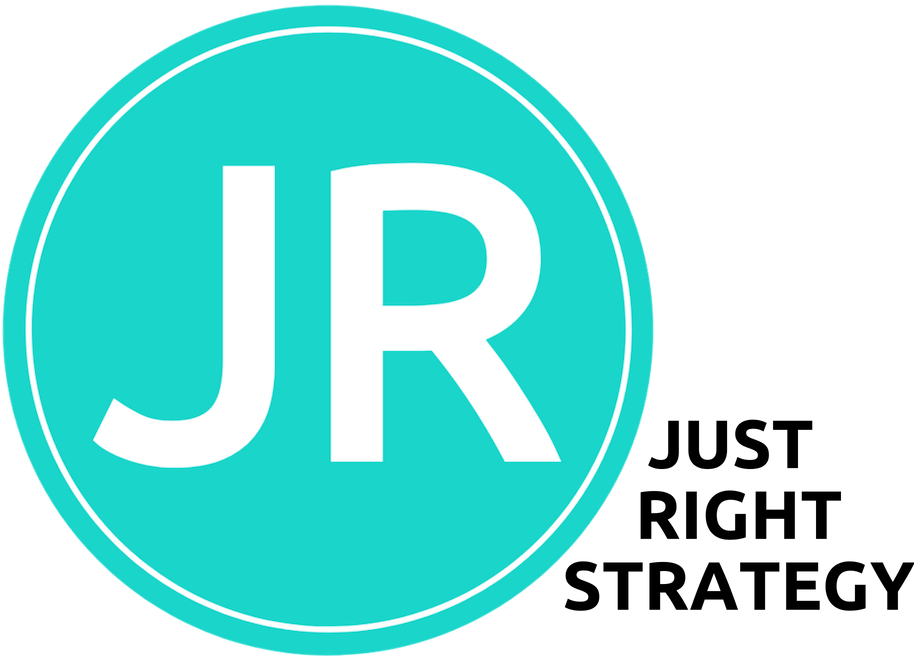Groups are your secret to community
This post was originally written for Dubtizzle on 8.28.12:Facebook Pages are a great way to extend your public relationship for yourself or your brand. Facebook Subscribe lets you share your personal posts in a public way. As your news feed fills with branding and professional talk (kind of like when Twitter feeds automatically appeared on LinkedIn), you may lose track of actual conversations. There was a time when you could post a question on Twitter or Facebook and you could get a stream of input. It just is not as easy as it used to be.
Mind you, my streams are loud. I have 1,786 friends on Facebook and like or subscribe to more than 2,000 brands or people. When I post a public item, my 50,000+ subscribers have a chance to comment. I follow 5,649 brands and people on Twitter from years and years of using the service. (I started in 2007.) Clearly, my most dominant social media tools are “loud” with nonstop chatter.
You don’t need that many people and brands to feel overwhelmed and watch conversations disappear into the social ether.
 Enter Facebook Groups. Sure, there are LinkedIn Groups but where are you when you want to build conversations with customers or clients? How can you grow a relationship with your most committed brand supporters? If Facebook comes to mind, you’re probably right. The difference between Groups and Pages? Groups give you a more personal space to talk to a members-only collection of people.
Enter Facebook Groups. Sure, there are LinkedIn Groups but where are you when you want to build conversations with customers or clients? How can you grow a relationship with your most committed brand supporters? If Facebook comes to mind, you’re probably right. The difference between Groups and Pages? Groups give you a more personal space to talk to a members-only collection of people.
Groups have different settings depending on how private or public you want your conversations. Secret groups are invite-only. Closed groups are request or invite only but the group names are searchable on Facebook. And then there are open groups. Open groups are searchable and anyone can join. Groups become a more directed conversation than the type of posts you add on a fan page. (Pages use the kind of posts that encourage conversation but also likes and shares.)
There’s another secret you may not know about Facebook groups. Not only is it a great way to create an extra relationship with potential brand ambassadors, you can find groups that benefit your career as well. There are groups for every topic you can think of. Many are focused on career-minded topics that help benefit the members. Other groups help people of similar careers share stories of success and failure. Groups can even be created just to help manage a project.

Let’s say you are a photography business and you want to grow a more personal relationship with your customers or potential customers. Using your Facebook page, you can invite your fans to join an open or closed group where you can share special tips and answer photography questions. (A closed group would require you to approve member requests.) From that group, you may find a small number of super fans who want to spread the word about your business. You could invite them to a special secret group where you can offer special deals or tips. You could even brainstorm ways to spread the word about your awesome business.
Facebook groups are one of the few places where I find I’m participating in excellent debates, conversations and updates on parts of my job that matter to me. At times, it may seem like it’s a spot where only the “cool kids” hang out. But the real power behind it is when you can’t find a group you want to join, just make one of your own. Invite friends, colleagues or clients. It just depends on what you want to get out of the group experience. If there’s any piece of advice to make a Facebook group experience really work for you, it’s to just try it and make it your own.
